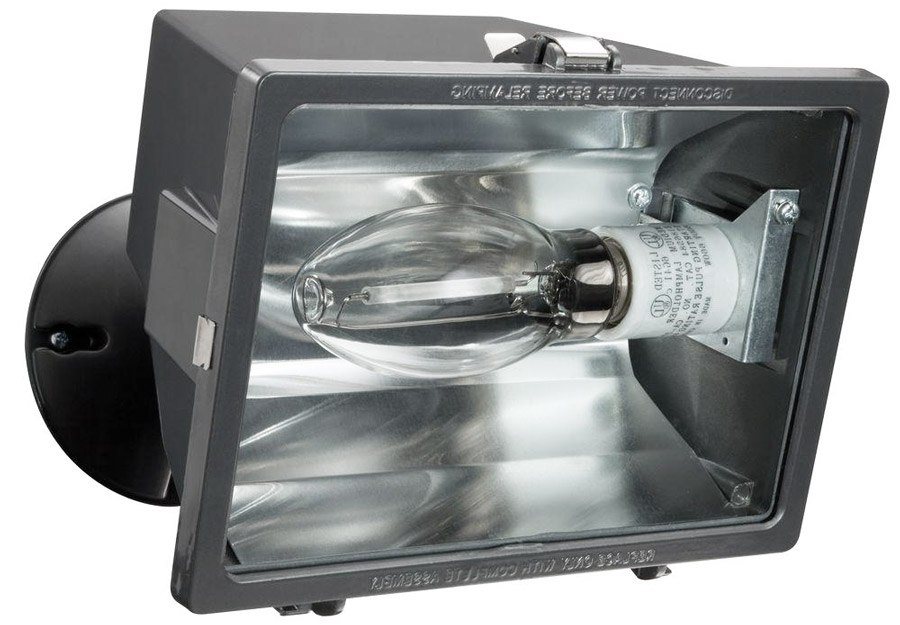We use a T5 HO fixture that consumes 190 watts compared to the 454 watts that a typical 400W High Bay consumes.
In nearly all instances the new foot candle readings surpass those of the old lighting.
Energy Efficient T-5 Bulbs Experience Less Light Loss
No matter which fluorescent tube manufacturer you use their products all share one characteristic, they all will lose some of their output ability.
Fluorescent products will lose roughly 5-6% of their light output as they age.
In comparison, Metal Halide lamps can lose as much as 35-40% of their light output during the same life span.
That percentage of loss only gets worse as the bulb ages, all while still consuming the same 454 watts of electricity.
New T-5's Create Better Light

CRI is the measure of lights ability to reproduce what a color would look like in natural daylight.
The old Metal Halide lighting has a CRI index between 65-70.
New T5 HO lighting has a CRI index of 85.
Lower CRI affects the eye’s ability to see contrast, detail, and can also cause eye strain.
T-5 Fixtures Come on Instantly
All H.I.D. lamps need time to warm up and reach full lighting potential, which is why it was always such a pain to turn them off.
T5 HO fixtures are instant on/instant off, allowing the use of motion sensors or advanced lighting controls to even further your energy savings.
Energy Efficient Lighting = Lower Costs
In today’s economy where every dollar counts and electricity costs are only rising, upgrading your lighting system is one of the best business investments you can make into your company.
The return on investment is relatively quick, usually under 2 years. Pair that with much longer life and you can continue to reap the benefits year after year.
Adding municipality rebates and tax credits into the formula can have a huge impact on your payback timeline. Take a look at this website to see what rebates are available in your area.
The cost of electricity is only going to go up, why not invest in your company today and reap the savings for years to come!
Here is a project that we completed that replaced 400 Watt Metal Halide with T-5 High Bays.
Related Articles:
Where Is The Best Place To Use T5 Lighting Technology?
T8 vs. T5: How To Determine Which Light Is The Right Light
Energy Efficient Fluorescent Lighting Options


Most Popular Posts
Latest Posts